Last Updated on by Mitch Rezman
Mitch,
Are you saying you don’t keep your birds in a cage? Ever? Like they just roam around the house all day?
How do you keep from stepping on them, what about electrical cords that might look like a toy to them while you’re not observing?
What about things like china plates on a hutch they could fly into and hurt themselves?
I would love to let them lose but how would I keep an eye on them say if they’re upstairs and I’m down? They get into EVERYTHING!
Parrots are unique to other pets, it is really hard to make your house safe. I have thrown out my nonstick.
Don’t self-clean my oven.
Put auto-closing lids on the toilets, don’t use air fresheners etc…but making my house completely safe for them to roam unattended would probably take a crew of people to completely redesign the entire interior. Not that I haven’t thought of it, but even then I don’t think I could let one minute go by wondering what they were up to…why they were so quiet and go check on them.
If you have found a way, please share. Most of us parrot people would do anything to improve the quality of their lives if we had the tools, resources, and know-how to do it effectively
Love your articles,
Lisa Weiss
First Lisa, thank you for the kind words – And thank you for the questions you bring up some very valid points – so let’s run through them
We only have one bird, a white face Lutino cockatiel named Popcorn. She’s really a lucky bird and she is with us for the most part seven days a week, wherever we are.
I bring her to work daily in a travel carrier where she remains in her large cage at the Birdie Boutique all day long. This is because she is flighted so the compromise made is to be with us all day but be inside a birdcage all day.
Once we get home she is out of her cage until 9 o’clock which is Birdie Bedtime. This is defined by the timer that controls the full-spectrum light above her cage.
We keep from stepping on her by always knowing where she is. She must be in the same room with us – period. If she flies into the kitchen we go and get her. We have doors that prevent her from flying down hallways and into the other rooms and we try to keep those doors closed. Rule number one – know where your bird(s) is/are at all times – period end of discussion. This avoids both toe bites AND being stepped on. Shuffling your feet in the house helps too.
I love talking about personal electrical cords. We have no first-aid solution to a bird that’s chewed through a 120 V electrical cord. This can result in severe burns to a bird beak or just a couple of scary sparks. We are fortunate in that Popcorn, for whatever reason has no interest in thicker wires like an electrical cord from lamps – and we have plenty. The thin cords, like on phone chargers are another story.
I try to hide those but when you run websites you need computers and computers have wires. Usually those computers and said wires are on the floor. This makes for tempting forging opportunities for any bird.
Lots of little wires on the floor are tempting – a big black tube is boring –
she doesn’t go near here now I recommend PVC if you have a big bird.
My solution for Popcorn was to take all of the wires on the floor and wrap them with a piece of repurposed vacuum hose, slit up the side. This may not be strong enough for bigger birds like macaws and cockatoos and so I would recommend PVC pipe. Once I wrapped the wires in the big sheath, she lost interest.
We have a trailer at a campground with much smaller quarters and wires can be left out on the kitchen table. We try to make those as short as possible on the ones that are exposed, on the table we cover with a dishcloth so as not to bring attention to them.
Flying into the China cabinet is a non sequitur. Your bird can see objects quite precisely and has no intention of slamming into your Precious Moments. We have dozens (hundreds?) of porcelain birds on display in our 62-foot long apartment. They’re all Popcorn’s friends.
They come in all shapes and sizes, some are behind glass some just sit on the shelves. That’s not the problem. The problem is windows. Birds don’t understand the concept of glass. Our solution is to place artificial orchids and other lovely but fake plants in our front room window which makes it very clear to the flying bird that there’s a physical barrier between inside and outside.
Orchids act as visual “checkpoints” in front
Popcorn loves flying figure eights between the living room and dining room but she’s never come close to a window because we keep the window sills full of “visual distractions”
I feel that many of us don’t give our birds enough credit to make the right decisions. A Harris Hawk can fly horizontally through the woods at more than 60 mph because they are wired to be “instinctively anticipatory”. In other words, they know there’s always an out. Birds will fly into walls when they don’t know “walls are bad.” If you show them where to fly and where to not (flight lessons) your bird will probably be happy to comply because they like to fly so much.
Getting rid of non-stick cookware is a good start in the kitchen. Rule number two – if you’re in the kitchen preparing food – lock the bird in the cage in another room or just close off the room they are in if you trust them not to gt into trouble. Will they be pissed? Of course – but they will be safe. They can’t land on a sharp knife or fork. They can’t jump face-first into cold cooking oil. Why take the chance just to feel like Martha Freakin’ Stewart. Your bird will be fine apart from you while you get everything ready for the slow cooker.
I wish I could say this decades-long relationship you are going to have with your bird(s) is going to be easy. But it’s not. What you’re going to need to make things work is a big old bucket of common sense – and confidence to know your bird is very smart but needs to be shown what is good and what is harmful.
Written by Mitch Rezman
Approved by Catherine Tobsing
Author Profile
Latest entries
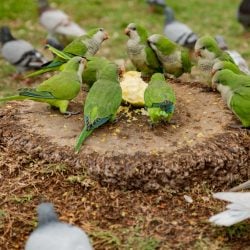 PigeonsJune 20, 2025How Do Parrots Thrive in Cities Outside Their Native Habitats?
PigeonsJune 20, 2025How Do Parrots Thrive in Cities Outside Their Native Habitats?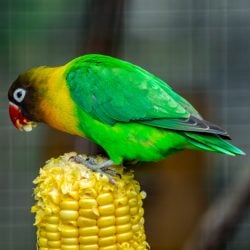 Feeding Exotic BirdsJune 20, 2025Is Corn On the Cob Safe for Pet Birds?
Feeding Exotic BirdsJune 20, 2025Is Corn On the Cob Safe for Pet Birds? Bird & Parrot AnatomyJune 19, 2025Would You Like a Comprehensive Guide for Training Your Bird?
Bird & Parrot AnatomyJune 19, 2025Would You Like a Comprehensive Guide for Training Your Bird?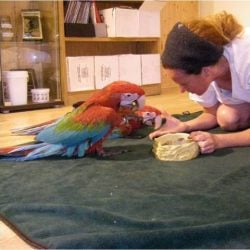 Feeding Exotic BirdsJune 19, 2025Here Are Three (Video) Strategies to Help Your Bird Forage
Feeding Exotic BirdsJune 19, 2025Here Are Three (Video) Strategies to Help Your Bird Forage
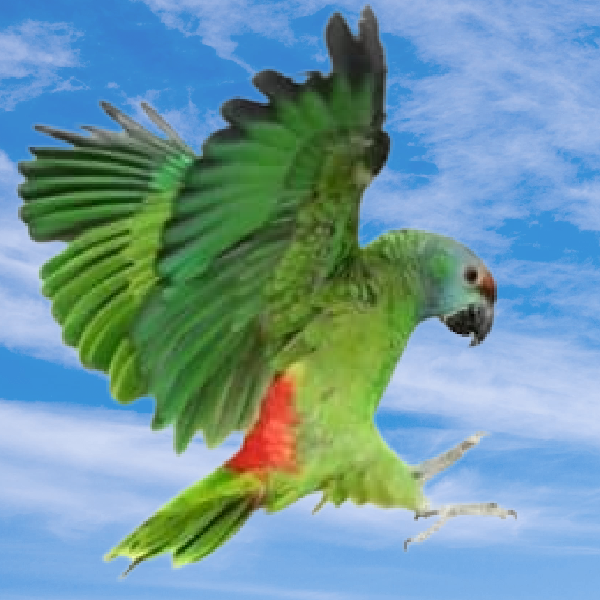

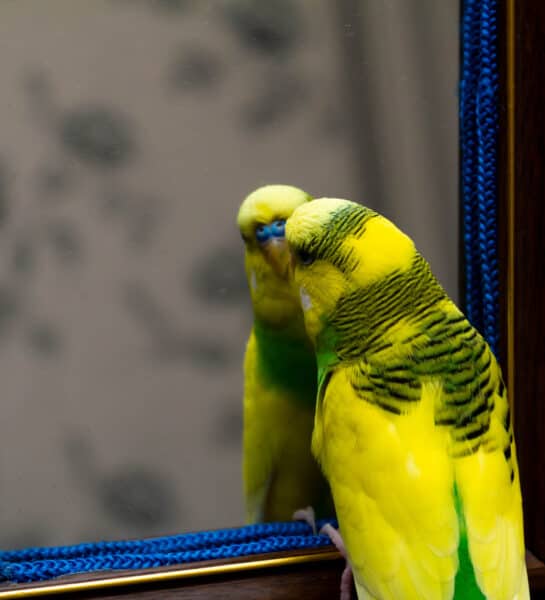
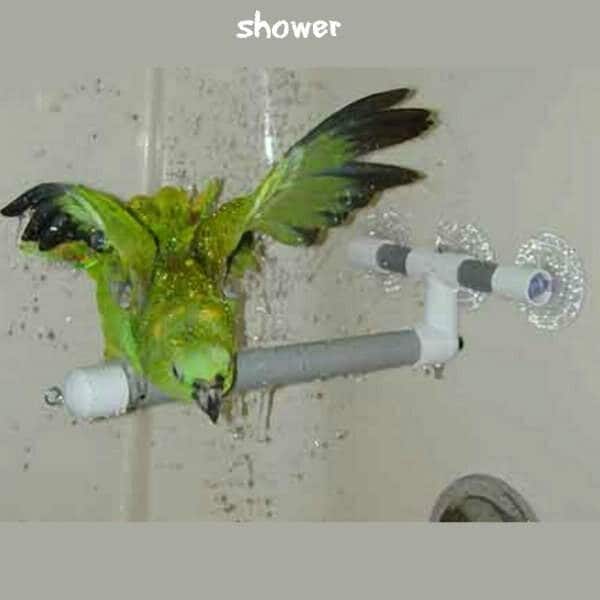

Rick Fisher
8 Oct 2016test